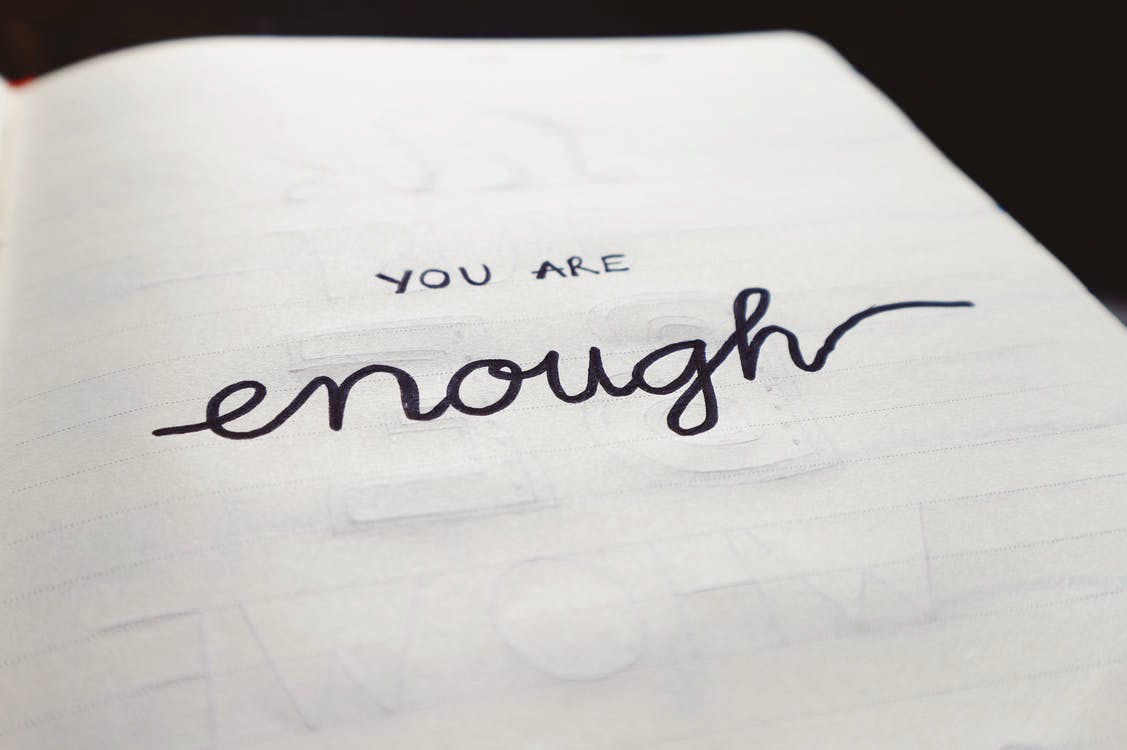Our relationships, career, and quality of life, in general, depend on how we evaluate ourselves.
How self-esteem is formed and what it is
Self-esteem depends on many factors. First of all, it depends on how the person grew up, what kind of relationship he had with his parents, what attitudes and values were transmitted in his family.
It also matters how other important people treated him; friends, teachers, classmates. And we must not forget about the social status and financial position of a person, about his external data, state of health and life experience that he received at school, at the institute, at work, in society.
Read also: 5 Ways to Calm Down When Everything Piss You Off.
If everything did not go well from the very beginning, parents criticized, teachers found fault, classmates bullied, career did not work out, money was not enough, and appearance did not meet standards – it will be difficult to maintain self-confidence.
Psychologists usually distinguish four types of self-esteem.
- Understated: a person evaluates his own qualities worse than others evaluate them.
- Healthy: its owner is confident in himself, knows his positive and negative sides well, does not underestimate or exaggerate any of them.
- Overestimated: a person believes that he is underestimated, ascribes to himself talents and qualities that have almost no relation to reality.
- Fluctuating: a person’s self-perception is different all the time and can jump from “God, I’m magnificent, the whole world is at my feet” to “what a nightmare, I am a complete insignificance and unworthy to live.”
Self-esteem is not constant; it can and does change depending on the psychological state and life circumstances. But in general, healthy or slightly overestimated self-esteem can be considered adequate.
How to tell if self-esteem is unhealthy
A psychologist will help to more or less figure out how things are. You can also take a special online questionnaire to determine the level of self-esteem.
How low self-esteem manifests itself
Here are some of its main features.
- You constantly scold yourself, talk about yourself in a negative and derogatory manner.
- You avoid relationships, new acquaintances and communication, because you are sure that no one will like it anyway and nothing good will come, and communication.
- You are convinced that other people mistreat you. It gets to the point of absurdity: if strangers are laughing nearby, it seems to you that they are laughing at you, and not at some joke of theirs.
- You see every problem as a disaster: you are sure that you will not cope with it.
- You are jealous of your loved ones: friends, partners, children – and you try to bind them to yourself more tightly, including through manipulation and psychological violence. Because deep down, you are sure that otherwise, they will leave you.
- You do not trust your decisions. You think you are mistaken; even if the facts indicate the opposite, you are afraid to express your opinion in a circle of other people.
- You devalue yourself, belittle your merits, consider them insignificant: “Just think, I got a higher education, everyone can do that” or “Just think, they got promoted at work, this is probably without fish because there are simply no other candidates.”
How high self-esteem manifests itself
They can indicate such signals;
- You take on too much without focusing on your capabilities, resources, abilities. For example, you take on complex projects for which you objectively lack qualifications, apply for vacancies, even if you do not meet the requirements at all.
- You react very painfully to criticism, reject it, protest violently, do not try to listen, even if the feedback is expressed in a very gentle and correct form.
- You are not very eager to learn, develop, deepen your knowledge, and improve professionalism because you are sure that you are already beautiful, and no one will teach you anything.
- You brag, talk a lot about yourself, do not hide the fact that you put yourself above others.
- You reject people because it seems to you that they are not worthy of you and do not reach your level.
However, some of the “symptoms” of overestimated self-esteem may turn out to be bravado and say that a person is actually not confident in himself and tries to hide it from everyone behind deliberately defiant behavior.
Extremely high self-esteem – when a person is in love with himself without memory, is out of touch with reality, humiliates, and torments others – can be a sign of narcissistic personality disorder.

What does inadequate self-esteem lead to?
Consequences of low self-esteem
Such self-esteem leads to the fact that the person refuses communication and interesting projects, depreciates himself – and, as a result, risks relationships, a career, may miss interesting opportunities, does not try new things. He gets used to the idea that he is worthless and helpless, it is more difficult for him to cope with these feelings, and avoiding difficulties becomes the main tactic.
Also, low self-esteem can damage mental health and is linked to depression and anxiety disorder. Data speaks of the connection between self-esteem and the state in chronic pathologies; in people with low self-esteem, the disease is more severe.
Also read: 6 Myths About Mental Disorder That Many Still Believe.
It is also difficult for a person with low self-esteem to defend themselves. They are easier to manipulate and can get bogged down in toxic and traumatic relationships.
Consequences of high self-esteem
Psychotherapist Lyubov Cherkasova and candidate of psychological sciences Larisa Ovcharenko say that high self-esteem is better for a person than low self-esteem, unless, of course, we are talking about a narcissistic disorder. Such a person is more confident in himself; he doubts less, can defend his position.
Some studies indicate that overestimated self-esteem can lead to criminal behavior; the feeling of superiority over others forces one to overstep social norms.
Also, people with high self-esteem are more likely to go for broke and do rash acts. They grab onto tasks they cannot handle, risk making mistakes, failing others, screwing up a significant project – and ultimately losing their jobs and reputation.
Finally, such people find it difficult to build relationships. They will be traumatic and unequal. Because only a completely insecure person ill agrees to tolerate next to him who considers himself the best and proves his superiority in every possible way.
Adapted and translated by Wiki Avenue Staff
Sources: Life hacker






